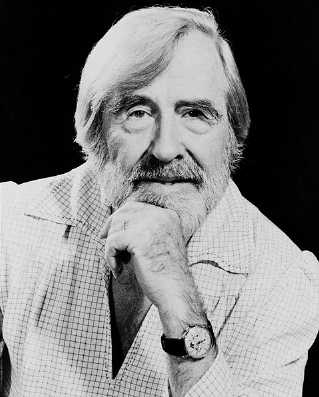Canadian Theatre Encyclopedia
Hier, les enfants dansaient

Drama in two parts by Gratien Gélinas premiered at the Comédie-Canadienne April 11, 1966, directed by the author, starring the author and his son Yves. Translated by Mavor Moore as Yesterday The Children Were Dancing and premiered at the Charlottetown Festival, July 5, 1967, again starring the author and his son. The work has also been revived several times, including at Place des Arts and the National Arts Centre, and on tour to Paris.
The work debates issues of federalism and separatism from both sides as a politician comes into conflict with his son. It reflects the difficult position Gélinas himself has been put into as a federalist once adored by a Quebec society that has slowly but surely moved to Nationalism.
The plot tends to the melodramatic and the lead roles require very good actors to deliver them from the oratory that is on the page. The feelings are honest despite the high drama. It is important to note the age in which the play was written and performed; many Quebeckers were coming to terms with an increasingly radical separatist movement and trying to walk the fine line between purity of ideology and violence of word or action. The play disappointed some because it did not go far enough; did not take a stand one way or the other. But it already went considerably further than most of the theatre playing in the nation at the time; especially the mainstream theatre (of which Gélinas is a part) which was not addressing the issues at all.
Pierre Gravel, a Montreal lawyer, has been offered the opportunity to run for parliament in a safe seat. His son announces that he is the leader of a terrorist separatist cell and that a bomb is about to go off, and will go off even if he is held back because he has an assistant. What follows is a debate between father and son. The bomb goes off, the assistant, as it turns out, was Gravel's other son. The play ends on Gravel rehearsing a speech he was to give the next day to a group of anglophones. "...my divided house will not go down without shaking yours to its very foundations."
The Montreal Gazette said of the play, "...[it] will be talked about and quoted a long time in this province-and out of it." The city's La Presse said, "It would take too long to enumerate here all the elements of this work that seem good." Nathan Cohen, for the Toronto Star, wrote, "At last, at long last, 99 yeas after the event; a play that deals directly and forthrightly with the central fact of the Canadian conscience..."
The play was published by Leméac, Montreal in 1968.
Last updated 2013-07-29

